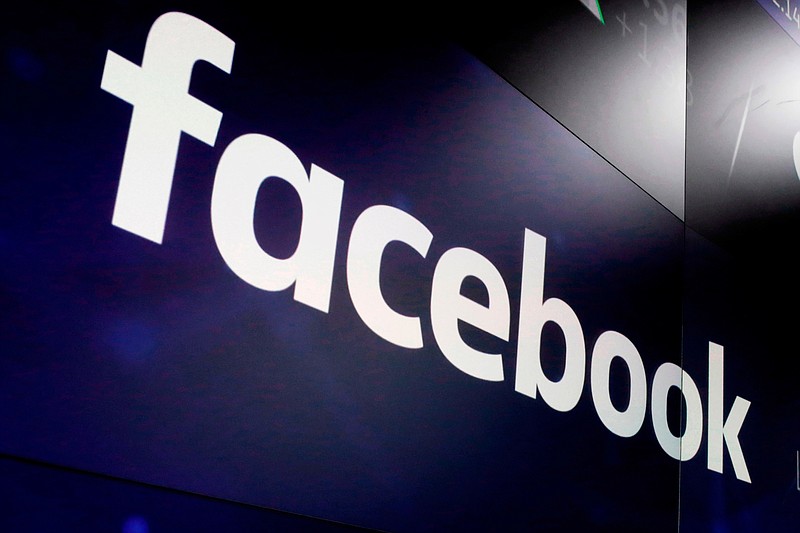Facebook faces charges of worker discrimination
The Trump administration is accusing Facebook in a lawsuit of discriminating against U.S. workers in favor of foreigners with special visas to fill more than 2,600 high-paying jobs.
The Justice Department announced the suit Thursday, alleging that the social media giant refused to recruit, consider or hire qualified and available U.S. workers for the positions that Facebook reserved for temporary visa holders. Facebook sponsored the visa holders for "green cards" authorizing them to work permanently.
The action followed a two-year investigation by the Justice Department's Civil Rights Division.
"Facebook intentionally created a hiring system in which it denied qualified U.S. workers a fair opportunity to learn about and apply for jobs" that it instead sought to channel to temporary visa holders, the department said in a news release.
The positions at issue offered an average salary of around $156,000. The department is seeking unspecified civil penalties and back pay on behalf of U.S. workers deemed to have been denied employment.
Mortgage rates drop to another record low
U.S. long-term mortgage rates edged lower this week, reaching record lows for the 14th time this year against the backdrop of the pandemic-ravaged economy.
Mortgage finance giant Freddie Mac said Thursday the average rate on the 30-year fixed-rate home loan slipped to 2.71% from 2.72% last week. By contrast, the benchmark rate stood at 3.68% a year ago.
The average rate on 15-year fixed-rate loans declined to 2.26% from 2.28%.
Home loan rates have trended downward through most of this year, bolstering demand from would-be homebuyers or people looking to refinance existing mortgages. But as Freddie Mac noted, home sales have stalled as the lack of available homes for purchase continues to stifle house hunters.
Giving Tuesday gifts rise by 25 percent
Donations on Giving Tuesday, an 8-year-old campaign to get people to give money to charities, rose 25% from last year, organizers said.
Nearly $2.5 billion was donated in the U.S. on Tuesday, according to estimates by GivingTuesday, the nonprofit behind the campaign. That's up from last year's total of about $2 billion.
Giving Tuesday was launched in 2012 as a way to get people to donate on the Tuesday after Thanksgiving, when people are already opening their wallets for the kickoff of the holiday shopping season.
Charities and businesses use the hashtag #GivingTuesday on social media to spread awareness and seek donations.
OPEC to boost oil output in 2021
OPEC and allied countries including Russia agreed Thursday to increase oil production by 500,000 barrels a day from January and said they would meet monthly to decide further output levels, gingerly adding more crude to a global economy still suffering from the COVID-19 pandemic.
The decision followed days of wrangling over whether to increase output early next year at all after the pandemic sapped demand for energy and clouded the outlook for the industry.
The OPEC members and a group of allies had made deep cuts in production last year to support prices as the pandemic sharply reduced demand for fuel. Analysts said simply extending the 7.7 million barrels per day in cuts was the course preferred by Saudi Arabia, which takes a leadership role among member countries, and also by Russia, the biggest of the non-members who have been cooperating with OPEC.
But they faced pushback from countries including the United Arab Emirates, which opposed the extension and wanted countries that had overproduced their quotas to make compensatory cuts.
